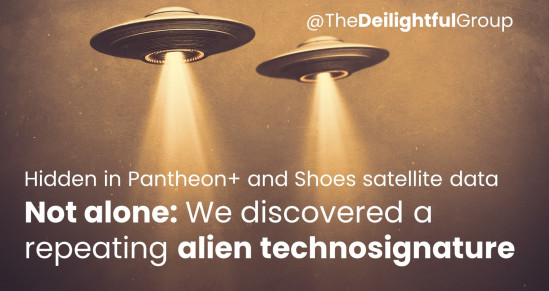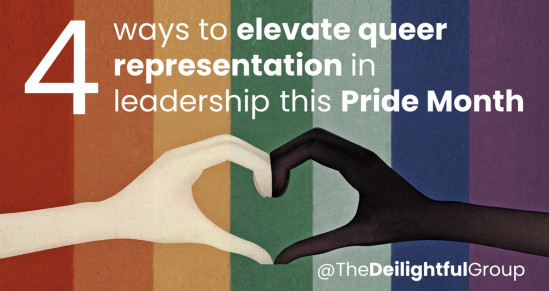Active inclusion aims to retain diverse talent by creating an environment where the differences that define oppressed people are genuinely valued, appreciated and ultimately integrated into the very fabric of a business. This ensures everyone is treated fairly and feel able to raise their concerns and can perform at their best.
Google describes it as:
“The practice or policy of providing equal access to opportunities and resources for people who might otherwise be excluded or marginalised, such as those who have physical or mental disabilities and members of other minority groups.”
Why is inclusion so important in the workplace?
Inclusion in the workplace is one of the most important factors to ensuring the retention of under-represented colleagues today.
Unless marginalised talent actively feel their ideas, presence and contributions are truly valued and taken seriously by their employer, they will eventually leave, taking with them ideas, knowledge of your business and, most crucially, negative sentiments regarding its weaknesses.
What are the flaws in the current recruitment process when it comes to DEI?
We spend so much time trying to attract diverse candidates to our businesses, yet so little time ensuring that, once job security is attained, they are made to feel valued and encouraged to stay.
A truly inclusive workplace, that is visibly a safe harbour for others with differences, makes us feel a little bit safer to share who we truly are and, better still, what we can achieve.
In case you need the why again…
Under the Equality Act of both the UK (2010) and USA (1974), it is illegal to treat someone less favourably than someone else because of a personal characteristic that has no bearing on their performance, this includes: race, skin colour, religion, sex, sexual orientation, age, gender identity, national origin, disability or status as a protected veteran.
While there is certainly an element of legal compliance within the inclusion agenda, this aspect of Corporate Sustainability is more commonly understood to be about building winning teams, with more balanced skill sets and backgrounds that can generate real creativity, broader innovation, enhance problem solving and restore adequate challenge upon the decisions of key executive branches.
.png)



